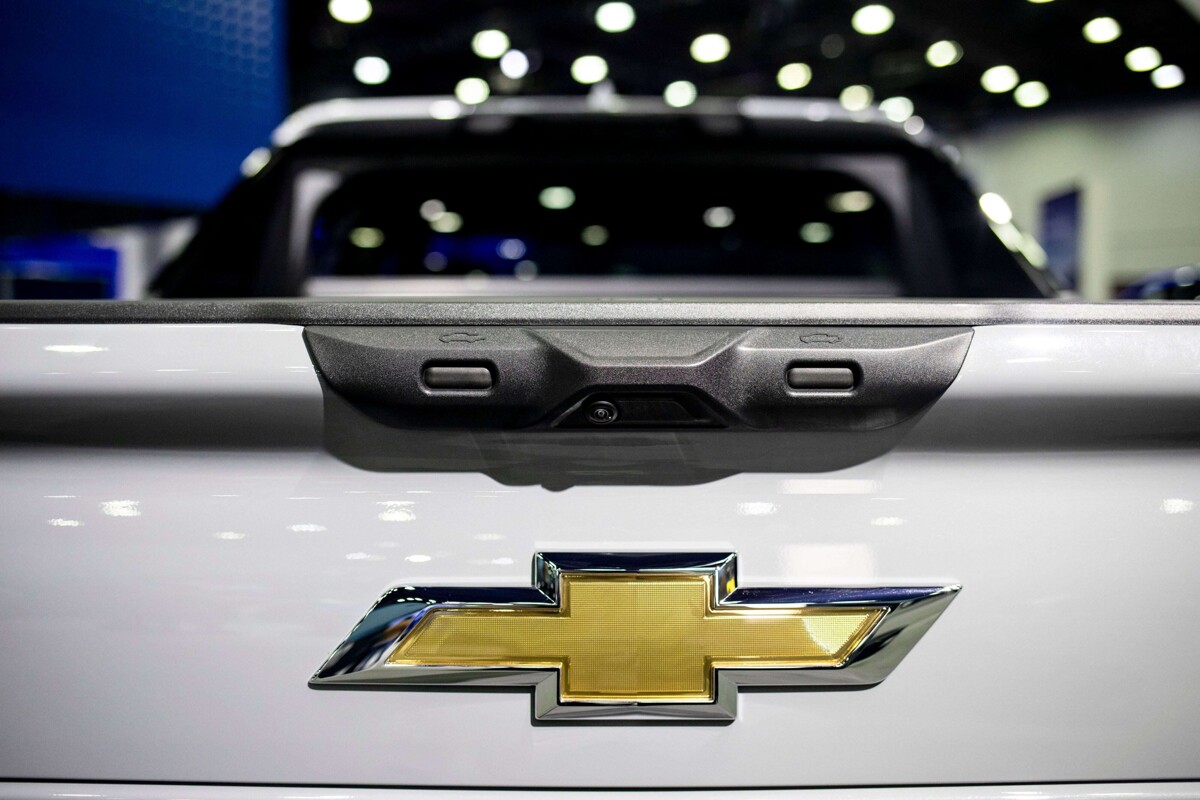
General Motors has approximately 8,000 employees in Canada and is the third most important market for the company, with 294,000 vehicles sold last year, of which about 14 percent were electric vehicles. GM Canada President Kristian Aquilina mentioned that Canada should reconsider its 20 percent target for 2026, as he considers it unrealistic and price reductions to stimulate electric vehicle purchases are not sustainable.
Aquilina expressed his concern about tariff threats from Donald Trump, which could harm U.S. economic interests by disrupting automotive supply chains and increasing consumer prices, which would benefit no one. The United States is a strong supplier of parts for the automotive industry in Canada.
Government policies in Canada are gradually phasing out incentives for electric vehicles, despite a federal policy that dictates that by 2035 all new light-duty vehicles sold in the country must be zero emissions. The weakness of the Canadian dollar and the uncertainty generated by the imposition of tariffs significantly affect the automotive sector.
General Motors manufactures several models of vehicles in Canada, including electric trucks and vans, as well as engines and transmissions for other plants in the United States. The tariffs proposed by Trump could significantly increase costs, affecting prices for consumers and the industry's competitiveness in North America. Changes in supply chains may be necessary depending on the magnitude of the imposed tariffs.
For now, the new U.S. administration is expected to evaluate trade relations with China, Canada, and Mexico. Canadian authorities are closely monitoring Trump’s decision on tariffs, and while they hope to avoid retaliation, they are prepared to impose tariffs on U.S. products if necessary.













